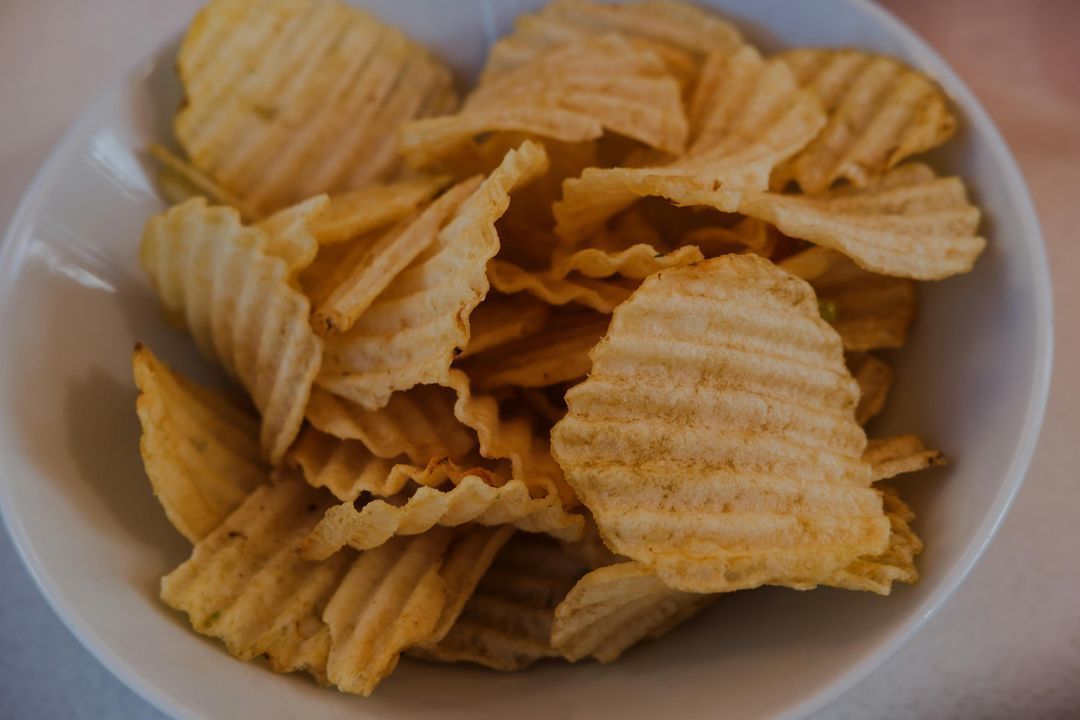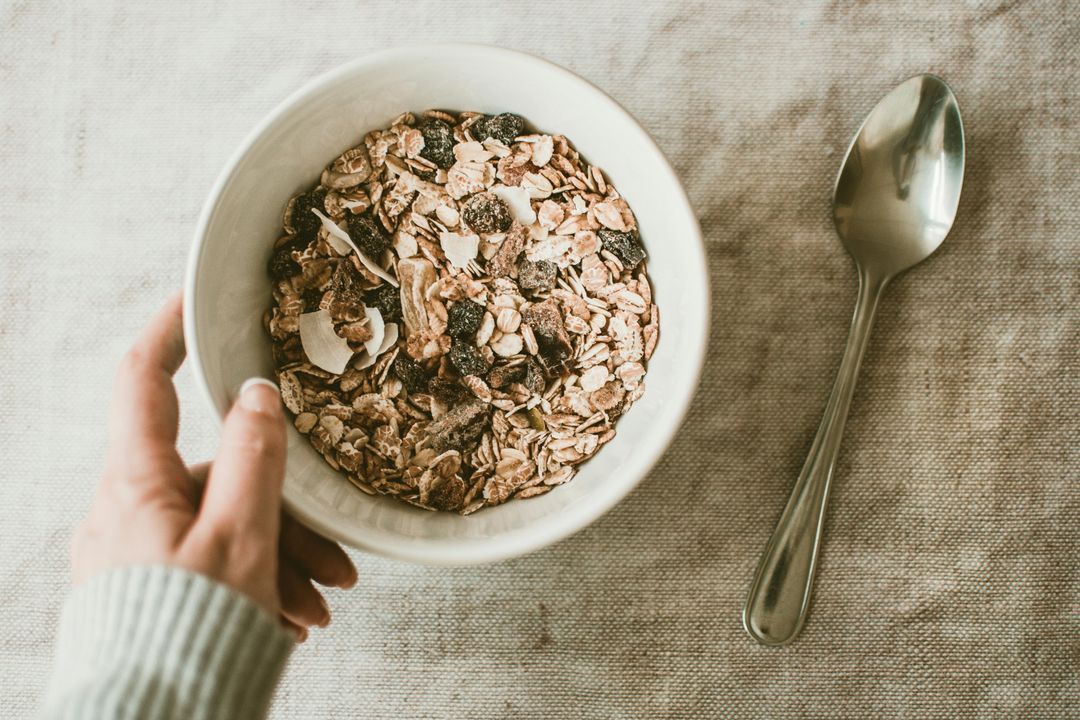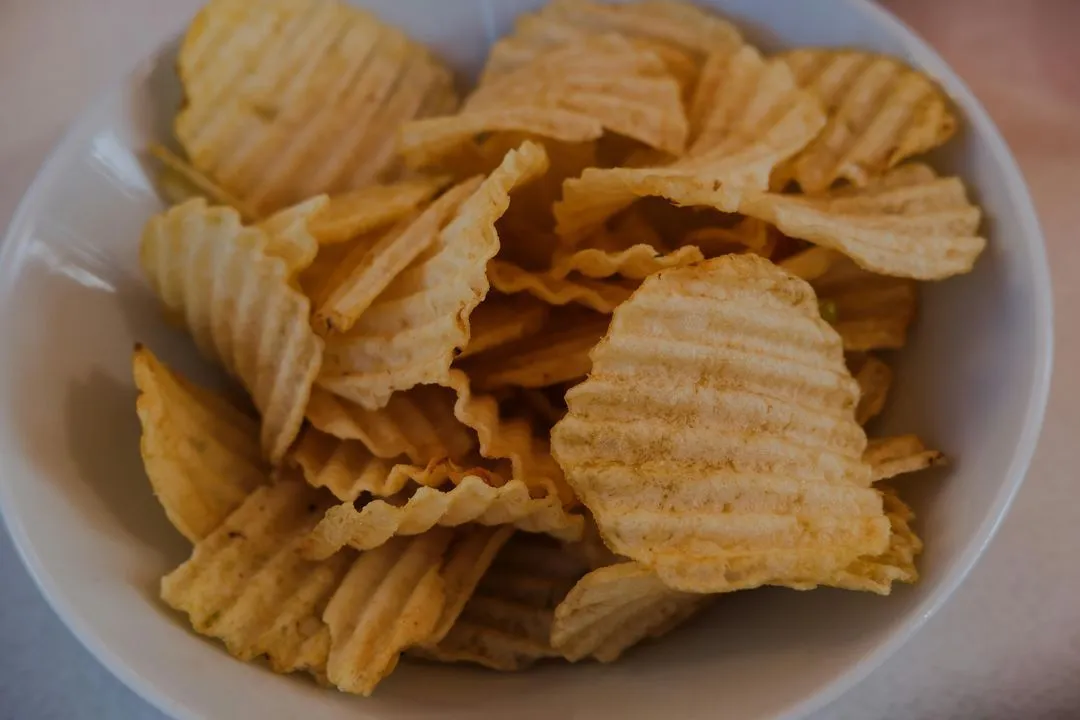When Food Lies to Us: Marketing and the Illusion of Memory

Advertising doesnt sell food, it sells memories we never lived.
“That cookie reminds me of my childhood.”
Really? Or just the commercial that told you about your childhood?
We live in an age where we no longer eat just for nourishment or pleasure, but to relive memories that arent ours . Food marketing has learned to do something extraordinary (and disturbing): replace our emotional memory with a packaged surrogate .
The deception of prefabricated memory
In our brain, taste and memory share the same emotional areas: the amygdala and the hippocampus . This explains why a flavor can evoke nostalgia, security, and warmth.
👉 Marketing knows this very well.
And he started building products that were designed to look familiar, even before they looked good .
They dont just sell us snacks or yogurt. They sell us:
- the illusion of a snack with grandma
- the warmth of a family breakfast
- the idea of belonging that we have never truly experienced
These are “affective simulacra” : emotions in a box, replicable and distributed on a large scale.
An aesthetic and psychological strategy
The food industry employs an aesthetic of memory to convince you that that spread is “homemade,” even if it comes from a production line.
Heres how it works:
- Vintage colors , calligraphic fonts, textured paper → imitate craftsmanship
- Family stories → “grandmothers recipe”, “authentic taste”
- Emotional ads → happy children, laid tables, intimate scenes
Everything is designed to trigger an induced nostalgia .
Its like someone saying to you, “I know you didnt experience this, but Im giving you the memory.”
The result? A confused food identity.
When taste is manipulated to evoke prepackaged emotions, we lose the authentic connection with our palate .
Lets stop asking ourselves:
- Do I really like this taste?
- Am I eating it because I want it or because I recognize it?
Eating becomes an automatic reaction to a memory that is not ours .
Concrete consequences

False familiarity : You recognize a flavor just because youve seen it a thousand times in a commercial.
Induced habits : you associate comfort with foods that arent good for you, but feel like home.
Emotional addiction to processed foods : Its not the cookie youre missing, its the idea it represents.
What does science say?
A study published in Cell Metabolism (Hall et al., 2019) found that ultraprocessed foods induced a higher calorie consumption than a whole-grain diet, even if the macronutrients were identical.
👉 The reason? The products emotional design , which increases its desirability and reduces conscious control.
Reconnect with true taste
The solution is not to demonize everything, but to take back the freedom to feel .
Here are some strategies:
1. Suspend automatic judgment
Ask yourself: Do I like this flavor because I know it… or because I crave it?
2. Create real food memories
Cook with someone, eat slowly, explore new tastes: make food a real memory, not an induced one.
3. Re-educate the palate
At first it will seem “bland”, but over time the true taste resurfaces , like a forgotten sensation.
Conclusion
Food marketing has colonized our imagination. It hasnt just told us what to eat, but how we should remember, desire, and belong .
Todays task is to rediscover taste as a personal and conscious act , not as prefabricated nostalgia.
#emotionalfood #foodmemory #foodmarketing #conscioustaste #criticalnutrition #foodidentity #simulacra #psychicfood #foodindustry

flavio_campaniolo
Data di inserimento 09 giu 2025
Report article


Comments
There are no comments yet.